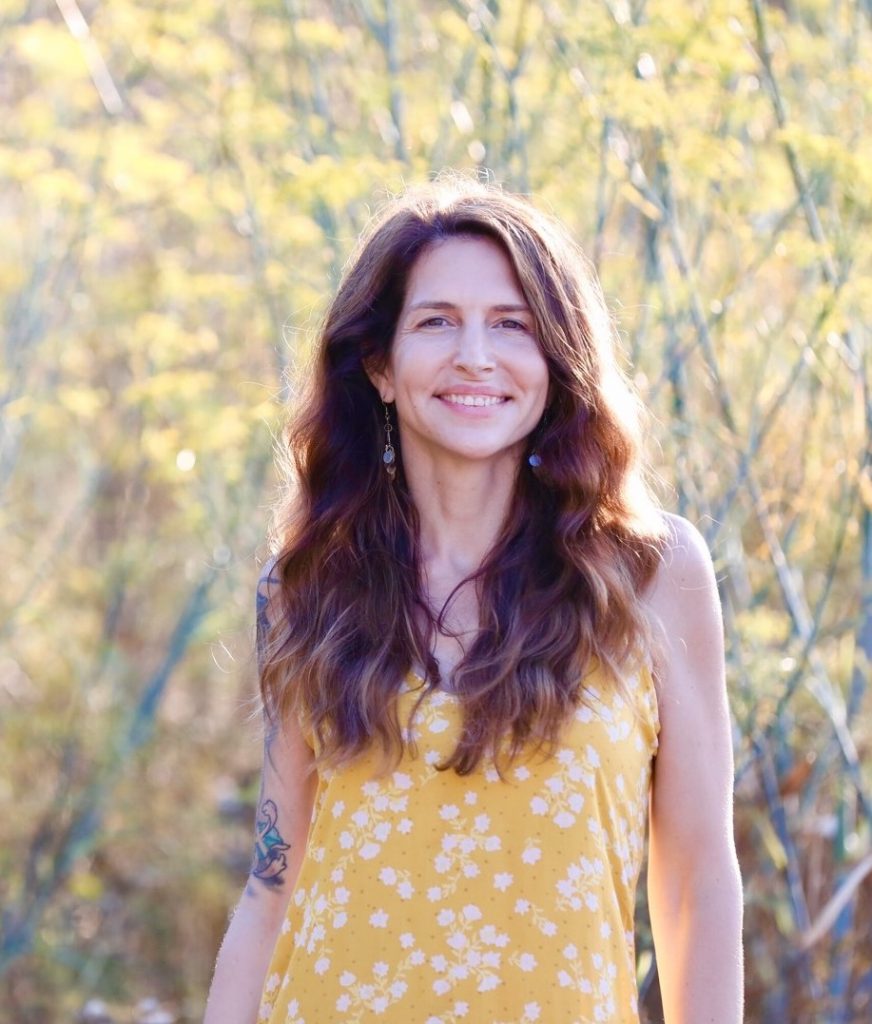On the topic of intimacy many people might say, “What do we really mean by intimacy anyway?” Intimacy is both a familiarity with and a deep knowledge of another person. And in fact, the first person that we really need to be intimate with is ourselves. Our capacity to see and relate to another person is supported or diminished by our capacity to know ourselves. Therefore, I recommend that the following statements for increasing intimacy also be applied personally.
Ask questions: One of the surest ways to block intimacy is to forget to see the other person as a vast landscape that will never be completely discovered and instead through the limitations of your own curiosity turn them into a small and familiar backyard. George Bernard Shaw writes, “First love is only a little foolishness and a lot of curiosity.” When we first meet someone it is easy to be enamored with them and intrigued by the person who has provoked such powerful emotions. However, most people forget to continue this level of curiosity and instead turn to telling the other who they are. This is a serious block to intimacy. At the point when one person thinks they “know” another person completely they have stopped the flow of intimacy.
Learn how to listen: Of course asking the questions is just one half of the equation. You also need to be able to take in the information and learn how to give it back so that the other person feels heard. Listening techniques abound. Carl Rogers, a Humanistic psychologist, was considered a powerful contributor to the art of listening with his concept of active listening. In active listening, all of the listener’s attention is on hearing what the other person is saying and giving it back to them in a way where they feel heard. Unfortunately this is not what we do the majority of the time we are listening. More often we are formulating a response or determining how we feel about what they are saying.
Suspend judgments: When you are listening to someone you want to be closer to, it is important to learn how to suspend judgments. Once we start to feel more comfortable in relationship we often begin to dissect what we like and what we do not like about the other person. It might be as superficial as what they wear or as deep as their spiritual or philosophical beliefs. As soon as we move into judging another person, we have put a divider between them and ourselves.
Differences are good: Frequently, we do this because we think that if someone we are close to holds a different belief than we do then one of us has to be wrong. This is a very common misconception that blocks people from being close to each other. While there are situations where people choose not to be close to each other due to differences, it is often more than possible to love and accept differences as simply this other person’s experience of their world. Why would we ever think that it would be the same as ours?
If you want to hear more on this topic or get your questions answered. Join me on my Radio Show Real Answers where I will talk on these topics more in depth as well as discuss additional skills for creating more intimacy.

